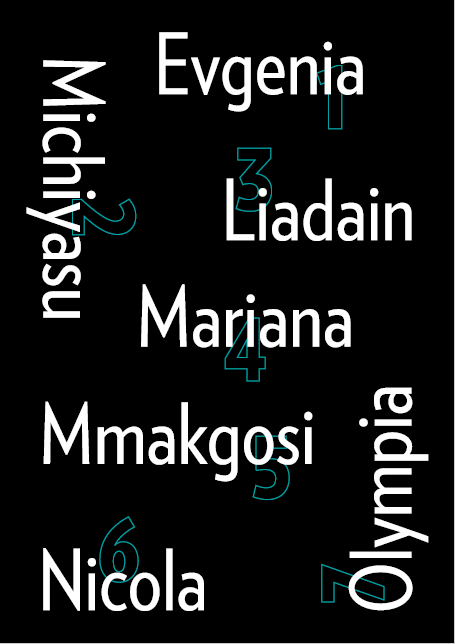SODA Works 2019
If SODA has established itself over the last decade not so much as a singular vision but as a flexible structure, then like any postgraduate programme that builds a certain reputation for experimentation and risktaking within the constraints of an institution, it has also established an ethos over time. Perhaps it is a ‘choreographic unconscious’1 that we inherit from the collaborative, collective and individual experiences that have formed and shaped the diversity of the SODA histories so far, but perhaps it is also an ethos which, as Nicolas Ridout puts it, is concerned with the realisation of individual and social potential, of an orientation towards the ‘other’; as a concern with process and form rather than content, characterised by ‘an openness to the future and the unpredictable rather than a closure around a specific ethical position’ and the ‘production of ethical relations and situations’ rather than a concern with aesthetics. (Ridout, 2009:49).
It might also, from a programme point of view point towards a poetics: ‘an approach to acts of dance- and performance-making that propose the possibilities of a radical coherence — how things might hold together without falling into conventional forms and flows. It considers thinking, dancing bodies [...] as forms of such radical coherence — that is, as a means of proposing conditions for the emergence of the unforeseen, the unimagined, and the remarkable.’(Allsopp, 2015:24)
The work of SODA as a sense of potential‘coherence’ based not in argument but in imaginative possibility.
Authors: Olympia Bukkakis, Evgenia Chetvertkova, Michiyasu Furutani, Liadain Herriott, Mmakgosi Kgabi, Nicola van Straaten, Mariana Nobre Vieira
